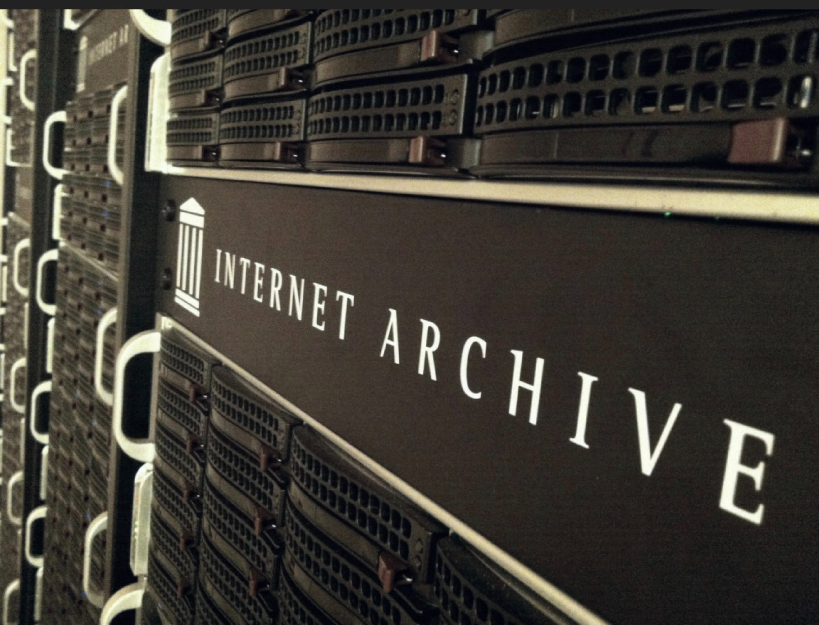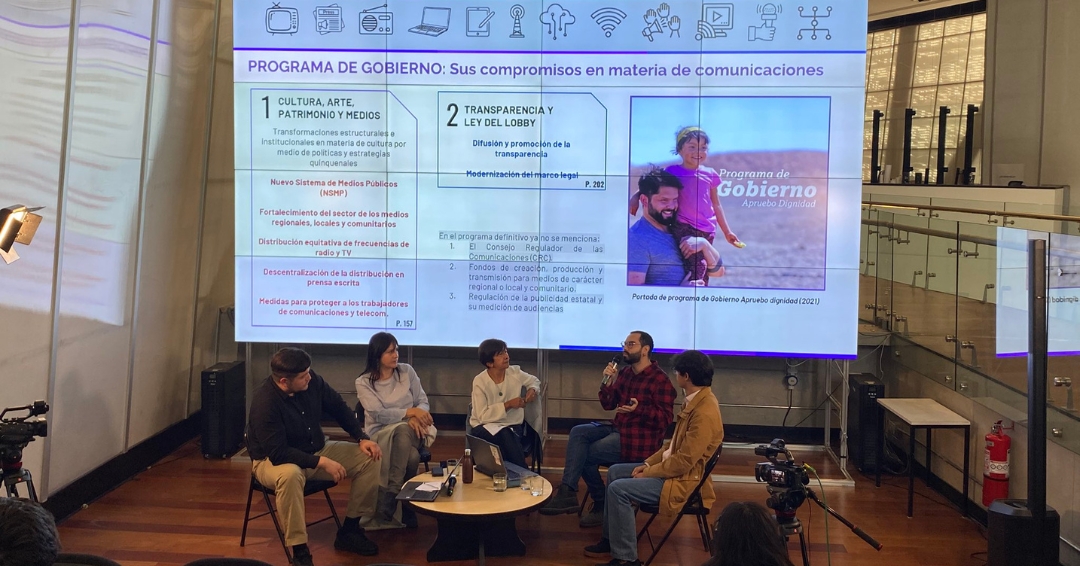The co-researcher of Fondecyt Project 1230748 Patricia Peña was able to learn about the situation of the digital library platform InternetArchive.org, in relation to the lawsuit brought by four publishing groups in the United States against this organization and particularly its Open Library project, which enables access to books and publications through electronic lending. The trial has become a matter of concern in the debate on free access to knowledge, information and culture around the world.
Professor Peña learned more about this case thanks to her recent participation in a global workshop on “Collections as Data” in Vancouver, Canada, to which she was invited by this organization. This project seeks to promote the development of social and citizen uses and appropriations of data collections of various types and formats existing in public or private libraries and information management centers.
InternetArchive.org is a digital library that offers access to millions of archives since 1996, including books, publications, archive preservations, public website captures, multimedia resources and also software. After facilitating access to more than 1,400,000 digitized books without a waiting list during the Covid-19 confinements through the National Emergency Library initiative, four publishing houses filed a lawsuit against the organization in 2020.
En marzo de este año, el juez federal John G. Koeltl, according to the specialized media The Verge, in March this year, federal judge John G. Koeltl ruled that “Internet Archive does not have the right to scan books and lend them out like a library, considering it had done nothing more than create ‘derivative works’.” This means it would have needed authorization from the books’ copyright holders before lending them out through its National Emergency Library. Internet Archive decided to appeal this decision, which could affect the future operation of every library that lends digital books through the Open Libraries system.
Patricia Peña noted that “during the period of the Covid-19 pandemic, Internet Archive lifted the registration restrictions and lending limits of its Open Library platform to facilitate many people’s access to reading and consultation material during confinements. The judge’s ruling rejects this stance, arguing that there is nothing transformative about lending digital copies of a book. His decision, which Internet Archive will appeal, raised alerts among various organizations and culture and information access advocates that questioned the meaning of the ruling for other similar projects. In this sense, the ‘fair use’ that marks the exceptions and limitations of intellectual property rights is a measure that has allowed, also in Chile, facilitating access to copies of protected books and materials.”
One of the aspects of this issue is connected with our project in terms of the role of national institutions regarding the collision of rights on the Internet, in this case, between access to knowledge and intellectual property.


